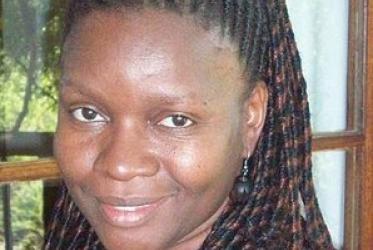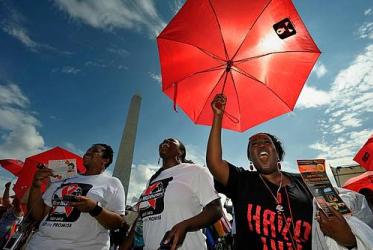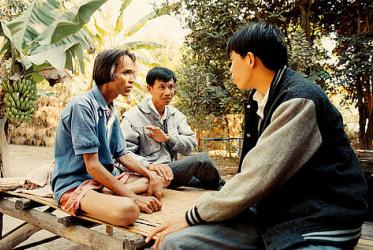Displaying 41 - 60 of 61
WCC’s 60-year journey for gender justice continues
28 October 2013
Living with God in the context of HIV and AIDS
27 February 2013
16 Days of Activism to end violence against women
21 November 2012
EHAIA, an African initiative going beyond Africa
01 March 2012
Accelerating the church's response to HIV
11 October 2011
WCC's HIV work reaches quarter-century mark
30 June 2011
Churches have a role to play in helping men become better partners
23 September 2008







